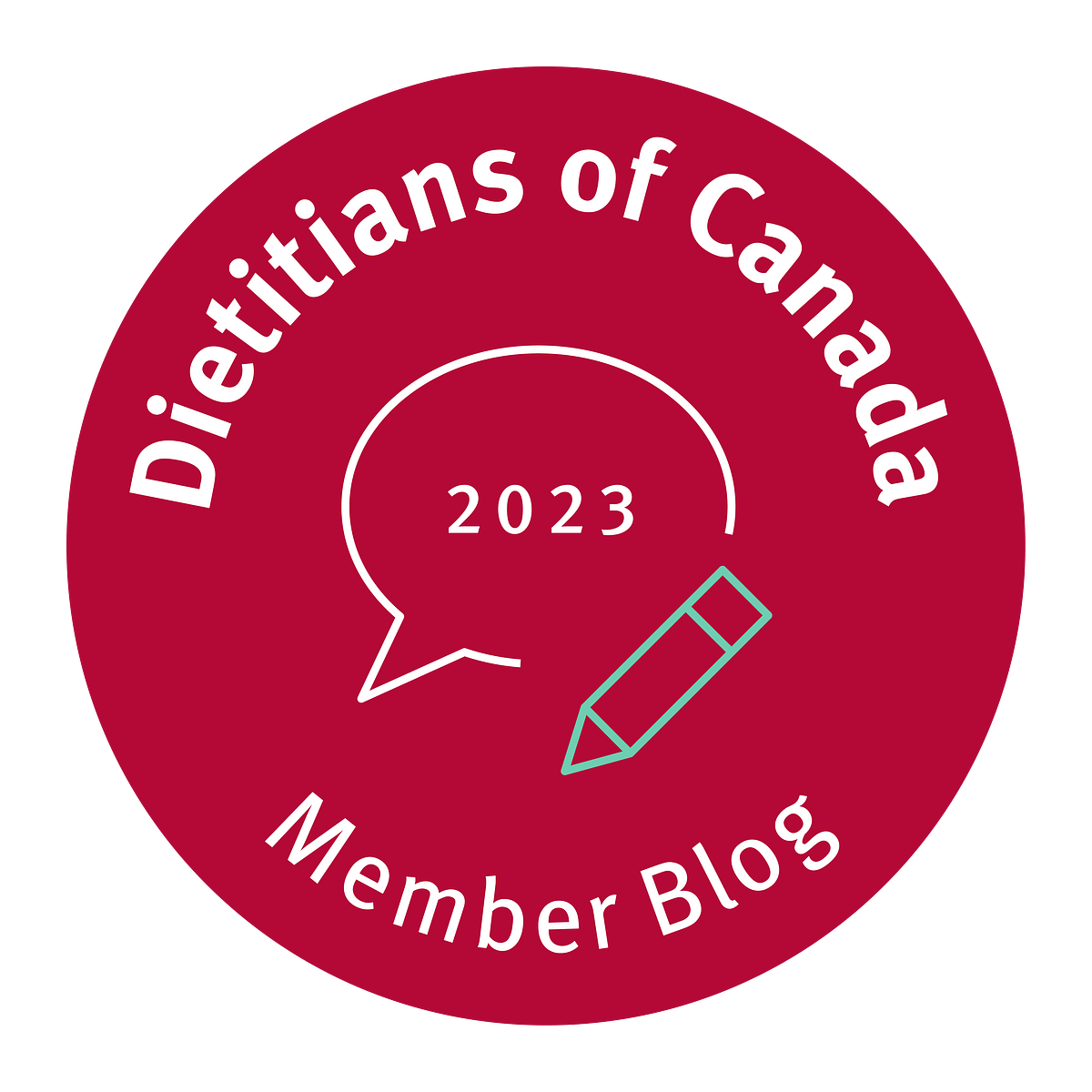As the daughter of a Chinese chef, I’m a huge fan of cooking – and eating – delicious, wholesome meals! After all, when you cook from scratch, you can choose healthier ingredients and experiment with different flavours.
Get the kids involved too. Cooking helps to build their confidence in the kitchen and is an important life skill. Plus research shows that eating meals together as a family helps kids eat better and have healthier weights. So to celebrate Nutrition Month, here are some of my favourite tips to help you get creative in the kitchen.
• Pick a theme ingredient or cuisine for the month. Then flip through magazines, pick up a new cookbook or surf the Internet for recipe ideas. Me? I’m always looking for easy and nutritious fish recipes. So I’m planning to try this Becel Maple Mustard Salmon recipe. It uses ingredients that I always have on hand and it’s ready in less than 15 minutes – perfect for my busy weeknights!
• Stay organized. To save time, prep your ingredients in advance – chop the veggies, marinade the meat, and make the salad dressing the night before so that everything is ready to go as soon as you get home.
• Cook once, and eat it twice. I’m planning to take any salmon leftovers from tonight’s dinner and toss it into a salad with red onions, green leafy lettuce, orange peppers and avocado. Leftover cooked beans, meat or pasta will instantly perk up a soup or stir-fry.
• Make a few swaps. Do you love to bake? Use milk or yogurt instead of water to give muffins or banana bread a calcium and protein boost. Bake with an unsaturated fat such as soft non-hydrogenated margarine instead of butter, shortening or lard. Swap out some of the sugar with dried fruit or grated sweet veggies like carrots or beets – it’s a great way to add fibre to the recipe too.
• Share it. We eat with our eyes, so don’t forget to take a snapshot of your finished dish. Tweet it or post it on Pinterest, Instagram or Facebook. Share the actual recipe too and give it a rating out of five stars. Who knows – you might just inspire someone else to get cooking too – and that would be a wonderful thing!
[Sponsored]

